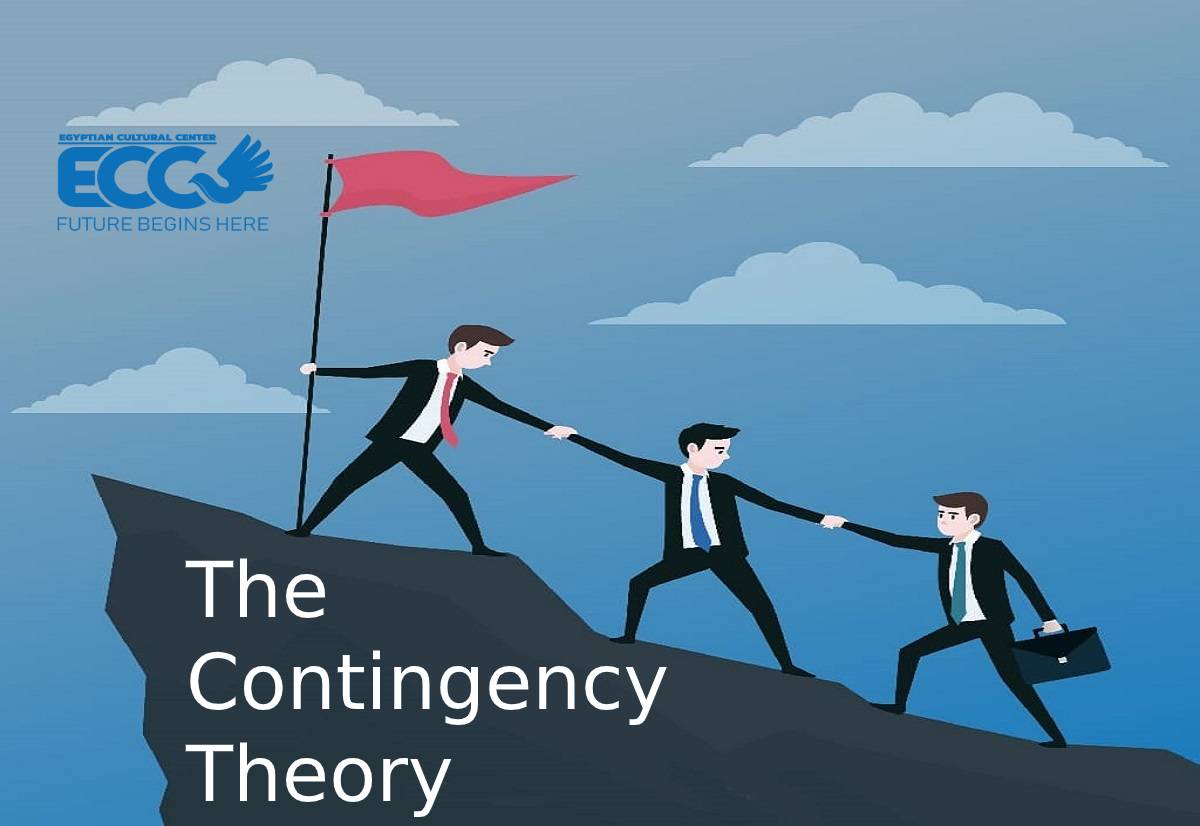Contingency thinking is a critical concept in decision-making processes that emphasizes the importance of adapting strategies based on unforeseen events and changing circumstances. In today's fast-paced world, the ability to think contingently is more crucial than ever for individuals and organizations alike. This article will explore the intricacies of contingency thinking, its principles, applications, and how it can enhance strategic planning and risk management.
As we delve deeper into contingency thinking, we will discuss its historical context, theoretical frameworks, and practical implications. By understanding this concept better, you can improve your decision-making skills and prepare for uncertainties in various aspects of life, from business to personal affairs.
This guide will provide you with extensive insights into contingency thinking, including definitions, strategies, and real-world applications. Whether you are a business leader, a student, or someone keen on improving their problem-solving skills, this article is designed to equip you with valuable knowledge.
Table of Contents
- What is Contingency Thinking?
- Historical Context of Contingency Thinking
- Key Principles of Contingency Thinking
- Applications of Contingency Thinking
- Contingency Planning Strategies
- Benefits of Contingency Thinking
- Challenges in Contingency Thinking
- Conclusion
What is Contingency Thinking?
Contingency thinking refers to a decision-making approach that emphasizes flexibility and adaptability in the face of uncertainty. It requires individuals and organizations to consider various possible outcomes and develop strategies that can accommodate those possibilities. This approach is particularly relevant in environments characterized by rapid change and unpredictability.
Definition and Importance
At its core, contingency thinking is about preparing for the unexpected. It encourages proactive thinking and planning, allowing individuals and organizations to respond effectively to unforeseen challenges. This mindset is essential for navigating complex situations and making informed decisions that can lead to successful outcomes.
Historical Context of Contingency Thinking
The concept of contingency thinking has its roots in various fields, including management, psychology, and sociology. It has evolved over the years, influenced by significant events and shifts in societal norms.
Development Through Time
Historically, contingency thinking gained prominence in the mid-20th century as businesses began to recognize the need for strategic flexibility. The rise of global markets and technological advancements further highlighted the importance of adapting to changing conditions. As uncertainties increased, so did the emphasis on contingency planning as a crucial component of organizational strategy.
Key Principles of Contingency Thinking
Understanding the fundamental principles of contingency thinking is essential for effectively applying this approach in real-world scenarios. Here are some key principles:
- Flexibility: The ability to adapt strategies based on changing circumstances.
- Proactivity: Anticipating potential challenges and preparing for them in advance.
- Critical Thinking: Analyzing situations from multiple perspectives to identify the best course of action.
- Collaboration: Engaging stakeholders in the planning process to develop comprehensive contingency plans.
Applications of Contingency Thinking
Contingency thinking is applicable in various fields, including business, healthcare, education, and disaster management. Its versatility makes it a valuable tool for addressing diverse challenges.
Business Strategy
In the business realm, contingency thinking is crucial for strategic planning. Companies must be prepared for market fluctuations, economic downturns, and other unforeseen events. By developing contingency plans, businesses can minimize risks and ensure continuity in operations.
Healthcare
In healthcare, contingency thinking plays a vital role in crisis management. Hospitals and healthcare providers must be equipped to handle emergencies, such as pandemics or natural disasters. Developing contingency plans ensures that healthcare systems remain resilient and responsive to changing demands.
Contingency Planning Strategies
Effective contingency planning involves several strategies that can help organizations prepare for potential challenges. Here are some key strategies to consider:
- Risk Assessment: Identifying potential risks and assessing their impact on operations.
- Scenario Planning: Developing various scenarios to explore potential outcomes and responses.
- Resource Allocation: Ensuring that resources are available and can be mobilized quickly in times of need.
- Training and Simulation: Conducting training sessions and simulations to prepare staff for emergencies.
Benefits of Contingency Thinking
Embracing contingency thinking offers numerous benefits, including:
- Enhanced Resilience: Organizations become more resilient and better equipped to handle challenges.
- Improved Decision-Making: Contingency thinking promotes informed decision-making based on comprehensive analysis.
- Increased Efficiency: Proactive planning leads to more efficient resource utilization during crises.
- Better Risk Management: Organizations can effectively manage risks and minimize potential losses.
Challenges in Contingency Thinking
While contingency thinking offers significant advantages, it also comes with challenges. Some common challenges include:
- Over-Preparation: Excessive focus on contingencies can lead to unnecessary resource allocation.
- Complexity: Developing comprehensive contingency plans can be complex and time-consuming.
- Resistance to Change: Individuals may resist the idea of contingency planning, viewing it as unnecessary.
Conclusion
Contingency thinking is an essential approach for navigating uncertainty and making informed decisions. By embracing this mindset, individuals and organizations can enhance their resilience, improve decision-making, and effectively manage risks. As you consider the principles and strategies discussed in this article, think about how you can apply contingency thinking to your own life and work.
We encourage you to share your thoughts on contingency thinking in the comments below. If you found this article helpful, please share it with others or explore more of our content on related topics.
You Might Also Like
Valleywise Patient Portal: Your Gateway To Efficient Healthcare ManagementUnderstanding "Login With": A Comprehensive Guide To Secure Authentication Methods
Understanding The Role Of An Arbitrator: What Does An Arbitrator Mean?
Exploring Power Wheels: The Ultimate Guide To Kids’ Electric Ride-On Cars
Cauliflower Wart Dog: Understanding The Unusual Canine Condition
Article Recommendations
- Megyn Kelly Before And After Weight Loss
- Shayanna Jenkins
- Mumbai International Airport Transit Hotel
- Joe Metheny
- Cons For Electric Cars
- Oldest Dad In The World
- John Travolta Net Worth
- All 90 Day Fiance Couples
- Sarah Pender
- Tattoo Designs Wife Name


